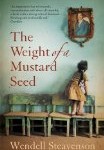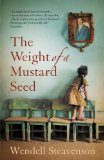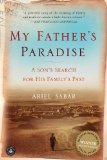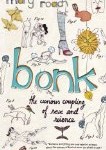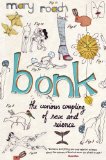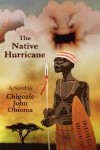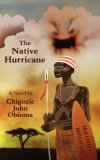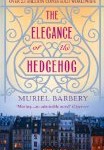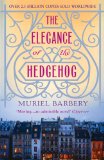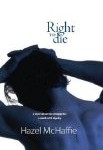The Weight of a Mustard Seed attempts to discover why ordinary people were driven to commit evil acts under the orders of Saddam Hussein. The author, Wendell Steavenson, is a journalist who travelled to Iraq many times between 2002 and 2005 interviewing the friends and family of General Kamel Sachet; a decorated hero of the Iran-Iraq war and a man favoured by Saddam Hussein. She tried to discover what motivated Sachet and his colleagues and how his actions affected his family.
The book is a fascinating insight into the lives of both ordinary Iraqis and members of the military. All the people were brought to life and I found myself having great sympathy for everyone in the book, despite the horrendous acts many of them committed. Wendell’s ability to make me see things from their perspective was impressive.
‘You chose to be a part of it,’ I told him. ‘You could have resigned, you could have gone to live in the country like your cousin.’
‘One of my American debriefers asked me the same question. He asked me why I continued to fight against the Americans. I told him it had nothing to do with Saddam Hussein. It’s hard for you to understand, but it was a matter of military honour, being part of a country and within that comes your loyalty to your high command.
The Weight of a Mustard Seed was very readable and although there were some descriptions of violence I never felt that it went over the top. The modern history of Iraq was well described, although as the book wasn’t written in chronological order I got a bit confused occasionally.
The book contained many examples of psychological experiments which explained why people behave as they do under the pressure of war. Unfortunately I was already aware of all of these and so these sections were irrelevant for me. If you are interested in finding out about them then some of the experiments are summarised in this post: The Ten Most Revealing Psych Experiments
I highly recommend this book as an introduction to the psychology of war, but if you have read a lot of books on the subject you may find it too basic.
Everyone seemed to enjoy this one:
…one of the most interesting, engaging, horrifying and moving non fiction books that I have ever read. Savidge Reads
…an accessible book for those wanting to read a factual book about Iraq. Novel Insights
This is a powerful, well-written and moving account… Reading Matters
